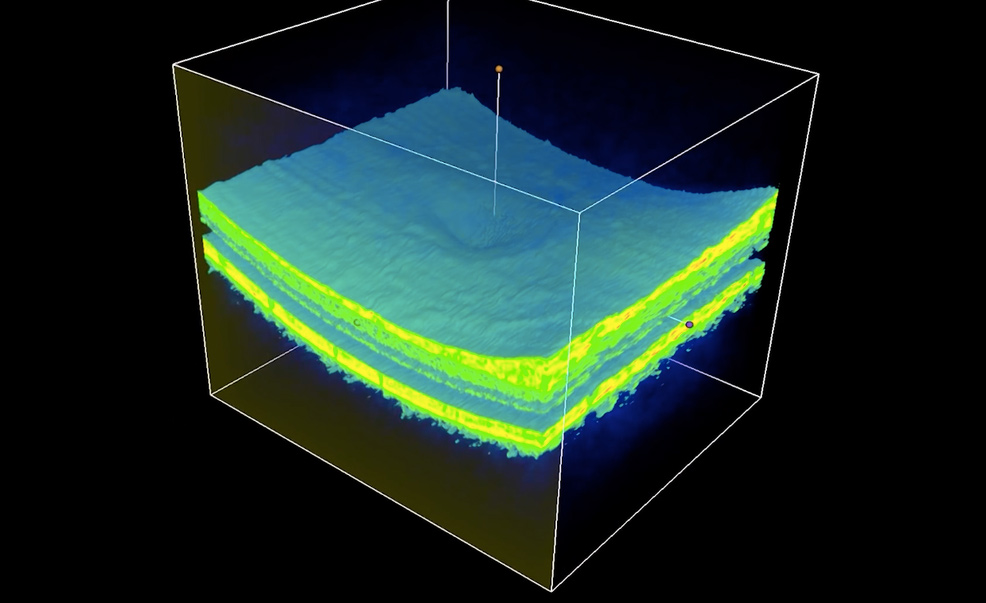
22nd August 2018 DeepMind AI is as good as the best human eye doctors A new algorithm developed for Moorfields Eye Hospital in London has been shown to work for more than 50 eye diseases with accuracy of 94%, matching world-leading eye experts.
Two years ago, Moorfields Eye Hospital NHS Foundation Trust and DeepMind Health came together to announce a five-year partnership to explore whether artificial intelligence (AI) technology could help clinicians improve the care for patients. Researchers from Moorfields and the UCL Institute of Ophthalmology have now achieved a breakthrough in this research, published in Nature Medicine, which describes how machine learning technology has been successfully trained on thousands of eye scans to identify signs of eye disease and recommend how patients should be referred for care. The AI system can recommend the correct referral decision for over 50 eye diseases with 94% accuracy, matching world-leading eye experts. It is hoped that this technology could revolutionise the way professionals carry out eye tests – allowing them to spot conditions earlier and prioritise patients with the most serious eye diseases before irreversible damage sets in. Dr Pearse Keane, consultant ophthalmologist at Moorfields and a scientist at the UCL Institute of Ophthalmology said: "The number of eye scans we're performing is growing at a pace much faster than human experts are able to interpret them. There is a risk that this may cause delays in the diagnosis and treatment of sight-threatening diseases, which can be devastating for patients. "The AI technology we're developing is designed to prioritise patients who need to be seen and treated urgently by a doctor or eye care professional. If we can diagnose and treat eye conditions early, it gives us the best chance of saving people's sight. With further research, it could lead to greater consistency and quality of care for patients with eye problems in the future." "The results of this pioneering research with DeepMind are very exciting and demonstrate the potential sight-saving impact AI could have for patients," said Professor Sir Peng Tee Khaw, director of biomedical research at Moorfields. "I am in no doubt that AI has a vital role to play in the future of healthcare, particularly when it comes to training and helping medical professionals, so that patients benefit from vital treatment earlier than might previously have been possible. This shows the transformative research that can be carried out in the UK – combining world-leading industry and NIHR/NHS hospital/university partnerships."
Comments »
If you enjoyed this article, please consider sharing it:
|







